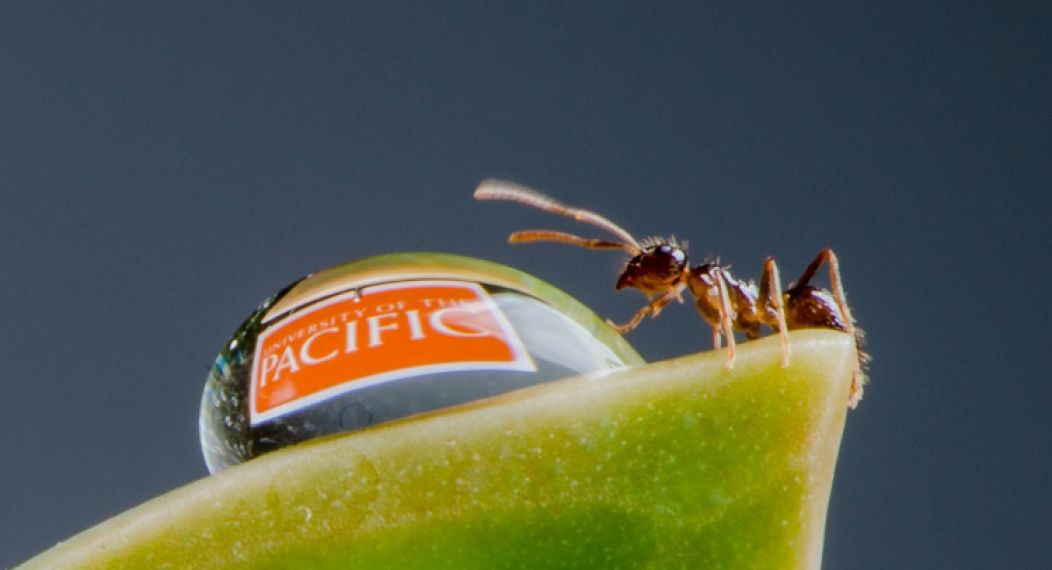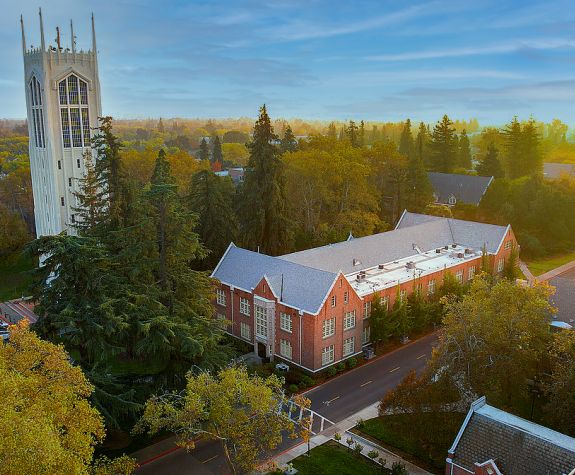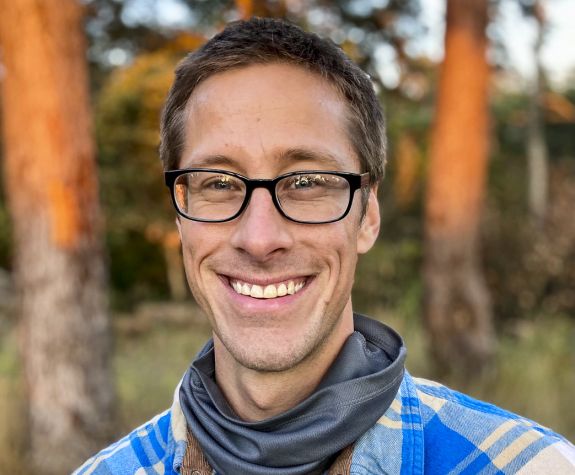Session 2
Biology of Cities
Analyze the Urban Landscape
Urban environments are expanding rapidly. Nearly 5 billion people worldwide and over 80% of Americans now live in cities. Get hands-on experience conducting biological science in an urban environment by using the Stockton campus as a petri dish to collect and analyze animal behavior data. Students can continue their research after the Summer Institute by participating in a citizen science program.
You will learn from faculty and graduate students in the Department of Biological Sciences as you develop a scientific toolkit to better understand your increasingly urbanized world. In addition, you will gain deep insight into the nature of science, improve your scientific literacy and better appreciate your role in an important ecosystem.







